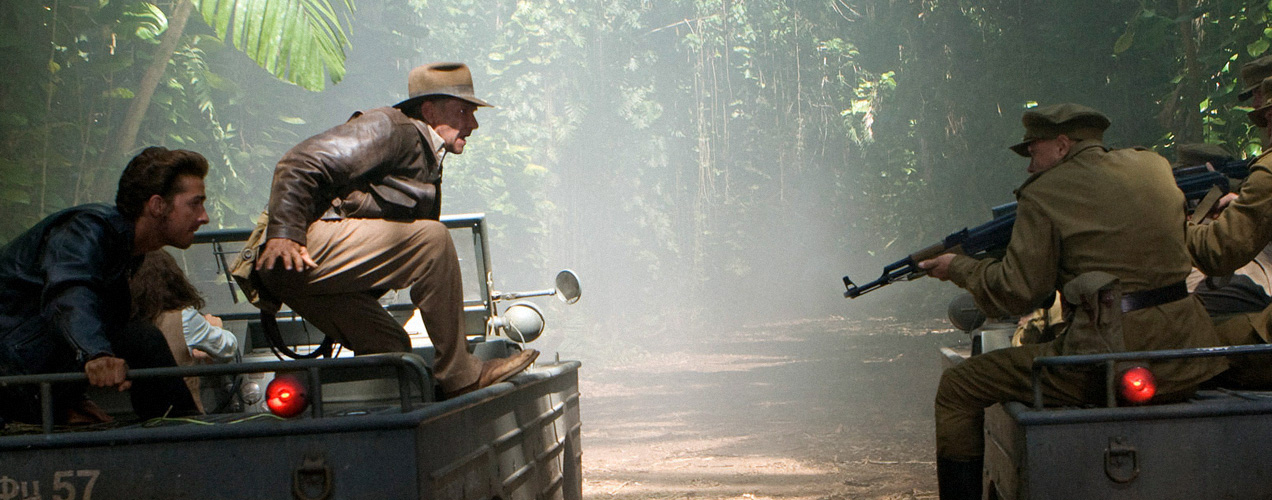2008 / Steven Spielberg > Some of the scenes make no sense, the writing is mediocre and often laughable and the ending messes with the whole mystique of the Indiana Jones series. But those minor, silly things aside, the damn thing is still a lot of fun to watch. It’s kind of hard to consider it in the same vein as the originals (especially when Raiders of the Lost Ark can legitimately stand up as a classic), but it was never meant to be taken seriously. Not with Shia LeBeouf and a 65 year-old Harrison Ford. But there were still moments of old Indy greatness, hidden here and there, and that’s pretty much all we could ask.
Category Archives: 3.0
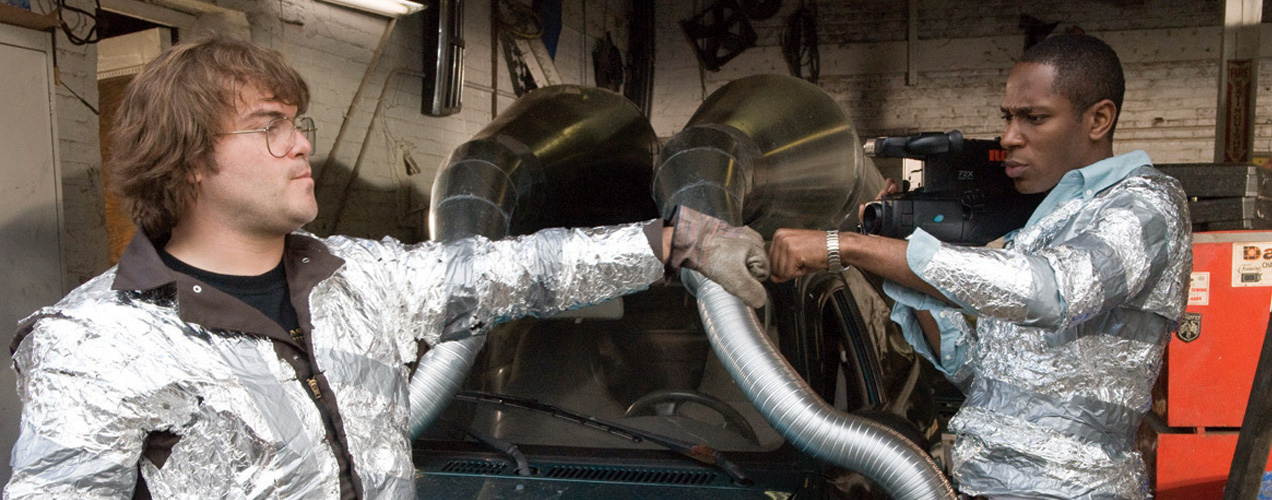
Be Kind Rewind
2008 / Michel Gondry > The bar’s up pretty high after Eternal Sunshine of the Spotless Mind and The Science of Sleep, but this is what it is on purpose: lighthearted, sentimental and while a bit ill-paced, generally enjoyable. Though Jack Black is on the edge of annoying, the rest of the cast holds the film together in a very communal way. The movie recreations are reason enough to see this as they serve up the genius of Gondry in small, snack portions instead of a whole meal at once.
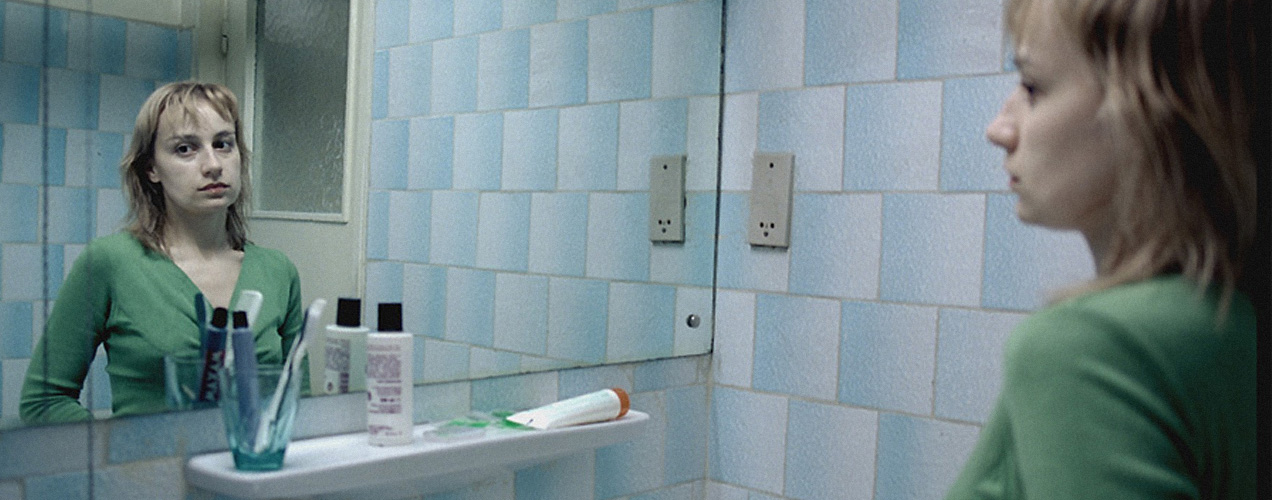
4 Months, 3 Weeks & 2 Days
2007 / Cristian Mungiu > There’s something that’s in the minds of the Cannes juries, year after year, that I just can’t figure out. It’s as if their choice for the Palm d’Or has to be this significant social statement that future filmgoers will always appreciate and respect. (After all, who, in retrospect, is not ashamed that Fahrenheit 9/11 walked away with the top prize in 2004?) 4 Months, 3 Weeks & 2 Days is a good film, but it’s also filled with one egregious flaw that arguably discounts the whole statement of the film. While I can’t give it away, I can imagine the scene being a sticking point for almost everyone who watches it.
Technically, this so-called Romanian New Wave seems to follow works of the Brothers Dardenne with its claustrophic camerawork and frantic pacing as if to give a sense of realism that’s supposedly gone missing from cinema. Here, however, one could argue that the reason realism has become modified in film is because film is an escapist medium, not one to transport us back to the moment of truth in which we already live.
But such philosophies aside, I simply can’t enjoy a film that fails to give the viewer a sliver of hope. There are hints at it, but ultimately, it’s all a mirage. There is no heart. There’s nothing emotional that we’d want to grip onto, but rather lots that we’d like to run away from. There is, however, an incredible performance by Anamaria Marinca, who had the unfortunate luck of going up against the incomparable Jeon Do-yeon at Cannes last year. For that and to understand the infatuation with the Romanian realist movement, , the film is worth watching—though how much you enjoy it is completely up to you.
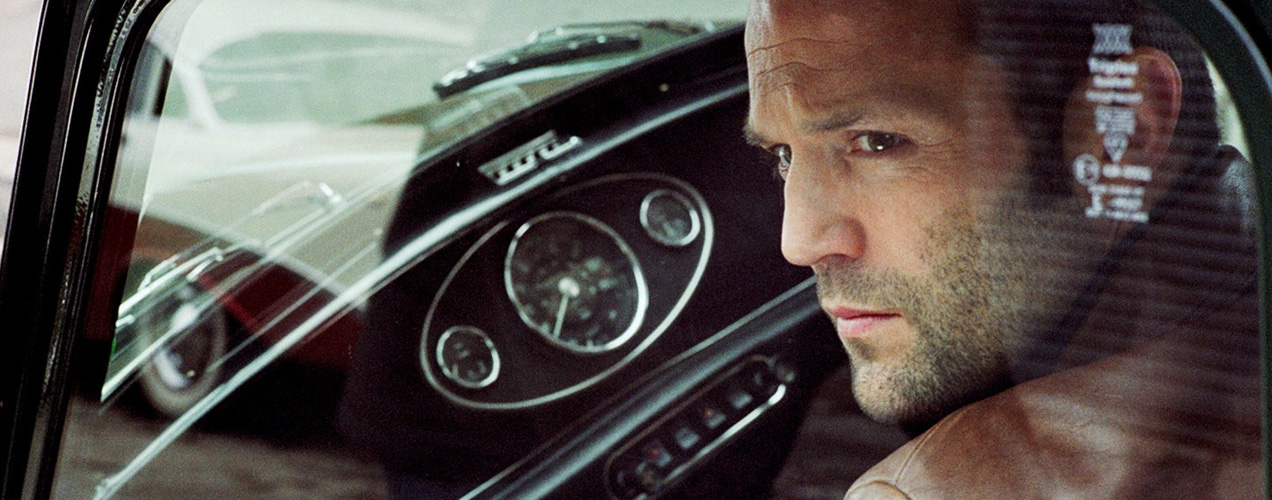
The Bank Job
2008 / Roger Donaldson > The Bank Job is a very enjoyable heist flick that is intensely charged while it lasts, but fails to carve a niche into the history of the genre. Stylish, well-paced, the whole product is very refined, though I imagine it’s not surprising since this is not, by any means, the first Jason Statham vehicle to take take on such a premise (see The Italian Job and Snatch).
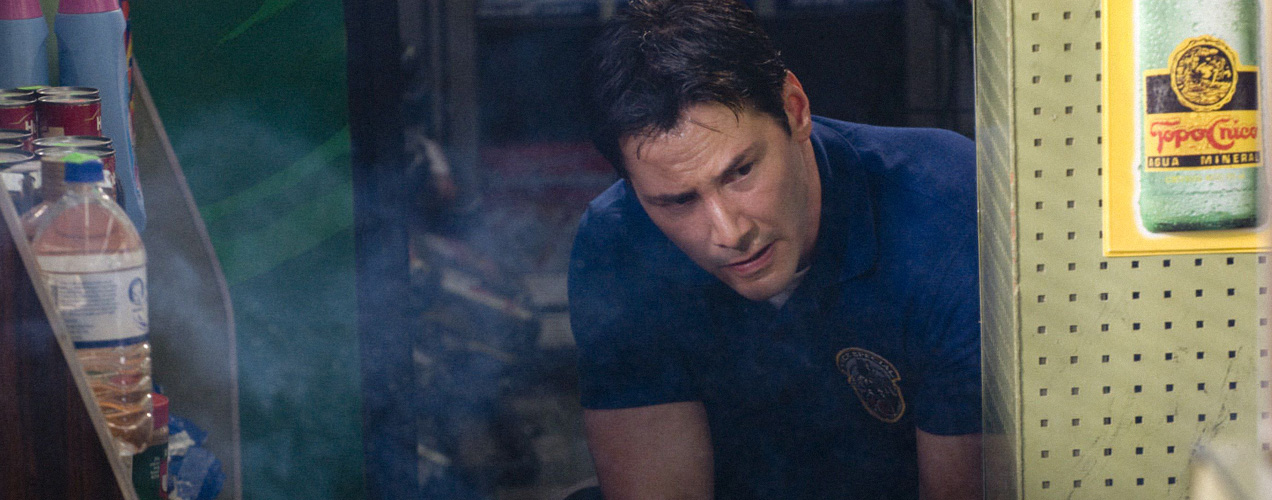
Street Kings
2008 / David Ayer > Street Kings kills its suspense level and pacing before we’re ready to commit, which is a bit tragic because the overall show is pretty respectable. The typical viewer ought to figure out the ending 20 minutes into the film, which is tricky because it makes us lose motivation to continue watching. However, Ayer and writer James Ellroy of L.A. Confidential fame do pull out a couple of tricks near the end that make it worth the wait. The morality tale in the film is not as well-thought out as Gone Baby Gone, but the social questions brought forth are given a new spin even if they’ve existed for ages.
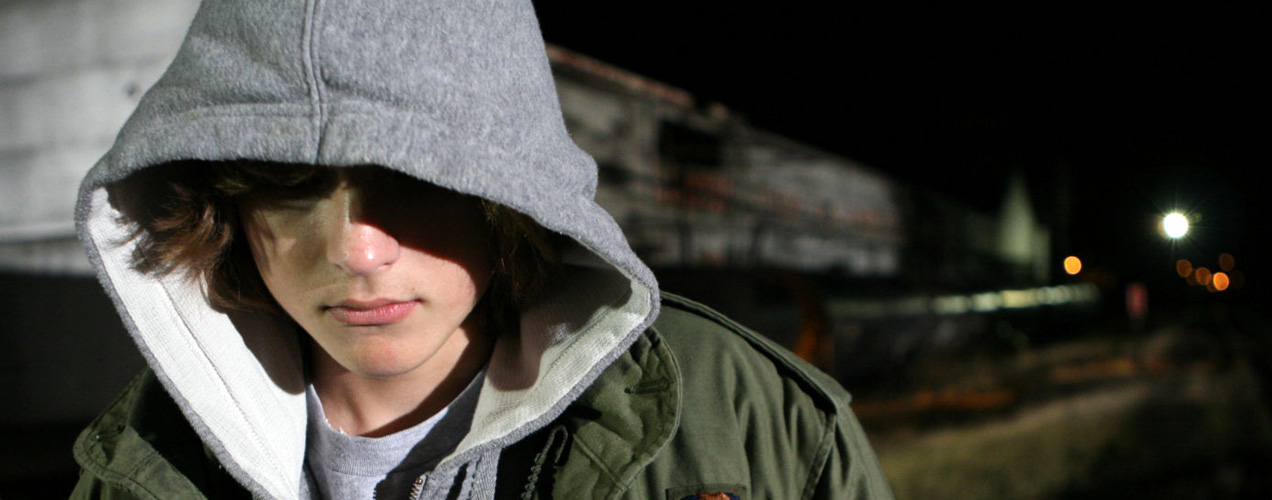
Paranoid Park
2007 / Gus Van Sant > In the final part of his death trilogy, Van Sant loses the ironic edge that he had with Elephant. Paranoid Park is subtle, provocative and thoughtful, but it still feels all too fleeting. The mood carries the film to its end but somehow, the sadness and despair never really penetrates the audience. Whether this is a function of an age-biased disconnect, I’m not sure, but many of us have found ourselves in positions where we feel guilty of an act we had little control over. This was an attempt at extrapolating that to a higher degree, but in many ways, it feels too forgiving and too simple to be poignant.
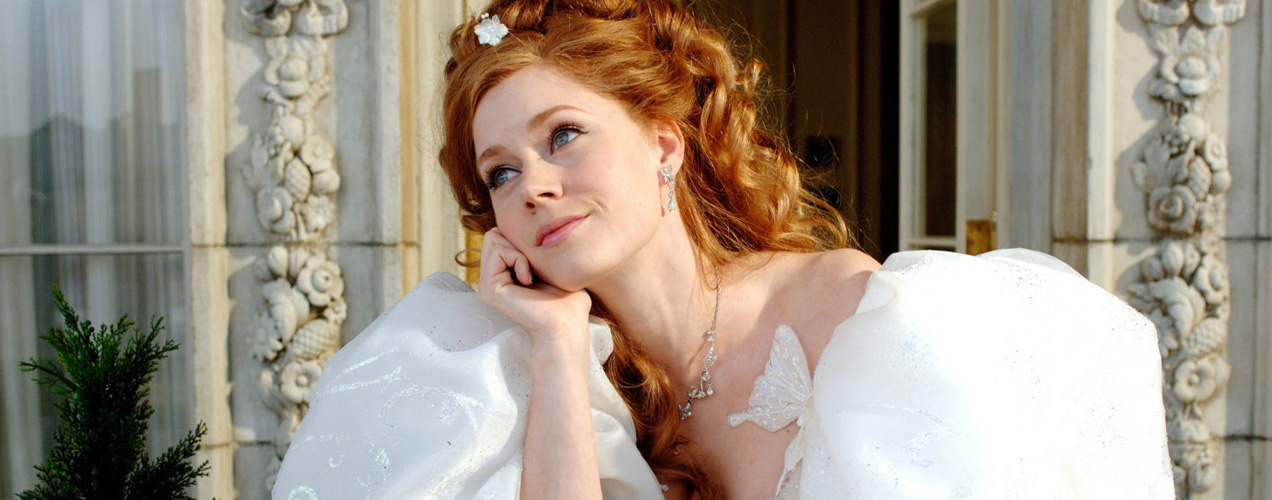
Enchanted
2007 / Kevin Lima > Enchanted works because of Amy Adams, as she turns the role of a princess into something identifiable by most stretches of the imagination. Disney’s welcome back party, though, isn’t without hitches: The story is still ultimately stale even with the sort of modern-day luster that’s splashed atop it. And Patrick Dempsey is, unfortunately, forever going to smell of Grey’s Anatomy thereby discounting the value of any character he portrays onscreen. (This is a pity, but alas, it’s the price he’ll have to pay for resurrecting his career.) The film almost works as a foil to Pan’s Labyrinth with its cheerfulness and optimism—It’s lighthearted fare and undeniably enjoyable, though there’s just not enough to hold onto to make it a classic.
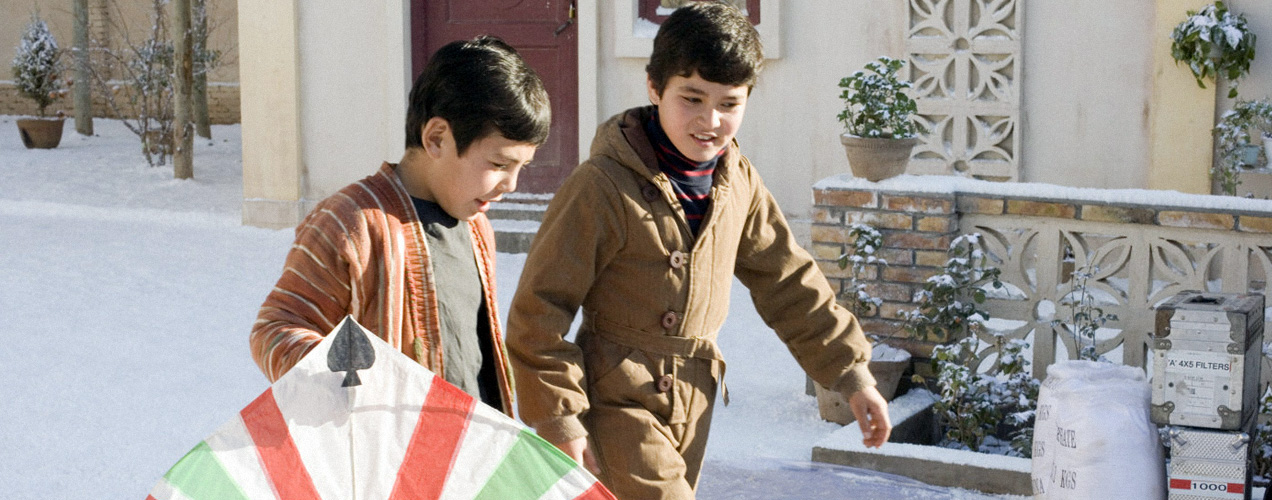
The Kite Runner
2007 / Marc Forster > To date, I’ve very much enjoyed Forster’s work. It’s admirable that he continues to diversify his style and challenge himself further (as witnessed by his helming of the next Bond film). And while it’s hard to directly pin-point exactly why The Kite Runner feels like an utter mess, there’s a sensation that the film’s literary foundation may have overstretched screenwriter David Benioff’s sense of imagination. Subsequently, there’s a lot of unnecessary melodrama and sudden pacing changes that make me wonder how good the original story is to begin with. Its largest shortfall is its continuous sense of emotional manipulation, especially in the last third. Otherwise, it’s relatively well-made with a couple of surprising performances by its young stars and a moving show by Homayoun Ershadi and a solid score.
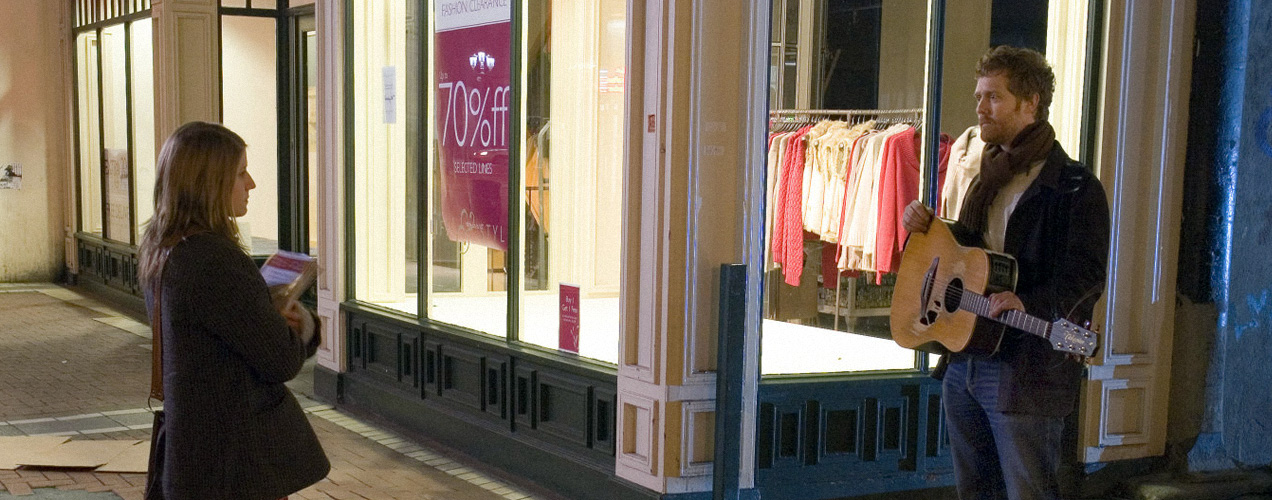
Once
2007 / John Carney > It’s nearly impossible not to like Once, but mileage will vary in how much it’ll be appreciated. As a musical, it works on levels not typical in film: The honest folk/rock of star Glen Hansard is always heartfelt, always fresh. It lacks the silly glamour that tends to persist in the genre and instead fills it with the kind of realism that many can identify with. Carney takes into account the awkwardness of loneliness and spins it into a sort of underhanded morality tale about where love ends and begins. It is, however, a little esoteric in its approach and fails to give me the kind of foothold I was looking for. Either way, the chemistry between Hansard and Marketa Irglova is so natural and charming, it becomes an easy watch.

Persepolis
2007 / Vincent Paronnaud & Marjane Satrapi > Part-history lesson, part-coming of age, Persepolis is a fresh and exciting cinematic event for the masses. What becomes problematic, however, is the idea that Satrapi’s journey is neither unique nor over. At the conclusion, there’s a nagging feeling that there must be more than this, yet we are forced to walk away. The film’s most important contribution, ironically, becomes its brief history of Iran, an often misunderstood nation whose political ties have been close to the Western world since the discovery of oil. The parts of the film where Satrapi is in Iran are countlessly more interesting than when she’s in Vienna, diddling away into an awkwardly written episode of Felicity. Still, the whole show is a nice change of pace in a year of weak independent filmmaking.

